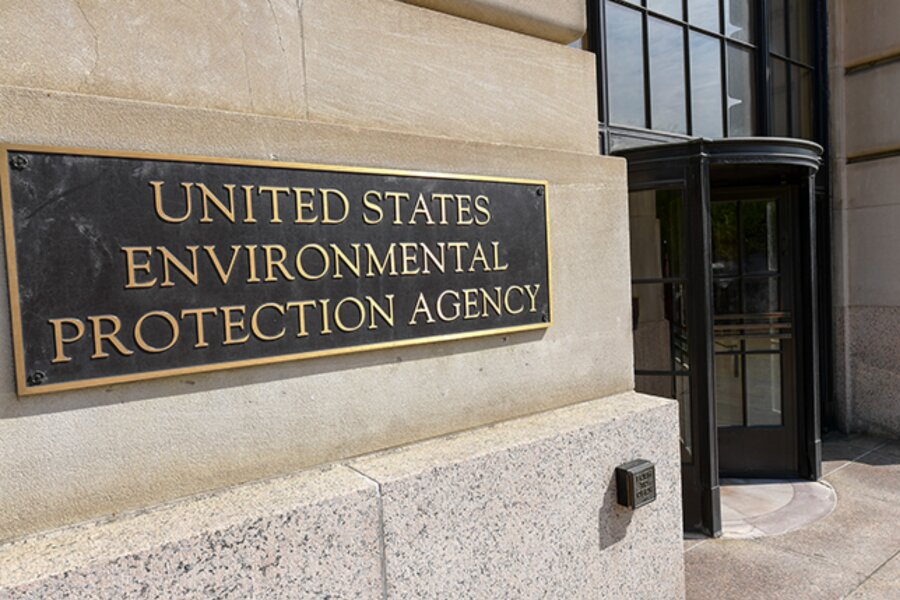Best Cyber Law, Data Privacy and Data Protection Lawyers in St Petersburg
Share your needs with us, get contacted by law firms.
Free. Takes 2 min.
List of the best lawyers in St Petersburg, Russia
Sorry, we haven't listed any Cyber Law, Data Privacy and Data Protection lawyers in St Petersburg, Russia yet.
But you can share your requirements with us, and we will help you find the right lawyer for your needs in St Petersburg
Find a Lawyer in St PetersburgAbout Cyber Law, Data Privacy and Data Protection Law in St Petersburg, Russia
Cyber Law, Data Privacy, and Data Protection are crucial aspects of the legal framework in St Petersburg, Russia. These laws govern the use of technology, data protection, and privacy rights of individuals and organizations operating in the digital sphere. It is essential to understand and abide by these laws to ensure compliance and mitigate legal risks.
Why You May Need a Lawyer
You may need a lawyer specializing in Cyber Law, Data Privacy, and Data Protection in St Petersburg, Russia in various situations such as data breaches, privacy violations, compliance with local regulations, drafting contracts related to data protection, and resolving disputes related to cyber incidents. A lawyer can provide legal advice, representation, and guidance to protect your rights and interests in these complex legal matters.
Local Laws Overview
In St Petersburg, Russia, the key laws relevant to Cyber Law, Data Privacy, and Data Protection include the Federal Law on Personal Data, the Law on Information, Information Technologies, and Information Protection, and various regulations issued by the Russian government. These laws govern the collection, storage, processing, and transfer of personal data, cybersecurity measures, and obligations of data controllers and processors.
Frequently Asked Questions
Q: What is personal data under Russian law?
A: Personal data in Russia is defined as information directly or indirectly related to an identified or identifiable individual. This includes information such as name, address, telephone number, email address, passport details, and any other data that can identify a person.
Q: What are the key requirements for data protection compliance in St Petersburg, Russia?
A: Some key requirements include obtaining consent for processing personal data, implementing appropriate security measures to protect data, notifying the Federal Service for Supervision of Communications, Information Technology, and Mass Media (Roskomnadzor) about data processing activities, and ensuring data subjects' rights are respected.
Q: What are the consequences of non-compliance with data protection laws in Russia?
A: Non-compliance with data protection laws in Russia can lead to severe penalties, including fines, suspension of data processing activities, and criminal liability for individuals responsible for data breaches or privacy violations.
Q: How can a lawyer help me with data protection issues in St Petersburg, Russia?
A: A lawyer can provide legal advice on data protection compliance, draft agreements and policies related to data protection, represent you in negotiations with authorities or third parties, and assist in resolving disputes or litigation arising from data protection issues.
Q: Can I transfer personal data outside of Russia?
A: Personal data transfers outside of Russia are subject to restrictions and requirements under Russian law, including obtaining consent from data subjects, ensuring data security during transfers, and notifying Roskomnadzor about cross-border data transfers.
Q: What are the rights of data subjects in Russia?
A: Data subjects in Russia have rights to access, rectify, delete, and restrict the processing of their personal data, as well as the right to object to processing and data portability. Data controllers must respect these rights and provide mechanisms for data subjects to exercise them.
Q: How long can personal data be stored in Russia?
A: Personal data in Russia can be stored for a limited period specified by law or consent of the data subject. Data controllers must not retain personal data longer than necessary for the purposes for which it was collected or processed.
Q: What is the role of Roskomnadzor in data protection in St Petersburg, Russia?
A: Roskomnadzor is the regulatory authority responsible for overseeing data protection compliance, issuing guidelines and regulations, conducting inspections, and imposing penalties for violations of data protection laws in Russia.
Q: Can I use cookies on my website in Russia?
A: The use of cookies on websites in Russia is regulated by data protection laws. Website operators must obtain consent from users before placing cookies on their devices, provide clear information about cookie usage, and offer options for users to manage cookie settings.
Q: What are the current trends in Cyber Law and Data Protection in St Petersburg, Russia?
A: Current trends include increased focus on data localization requirements, stricter enforcement of data protection laws, adoption of new technologies for data security, and emerging regulatory challenges in the digital economy. Staying informed about these trends is essential for compliance and risk management.
Additional Resources
For more information and resources on Cyber Law, Data Privacy, and Data Protection in St Petersburg, Russia, you can refer to the official website of Roskomnadzor, the Russian Association for Electronic Communications, and legal publications specializing in technology and data protection law.
Next Steps
If you are facing legal issues or need advice related to Cyber Law, Data Privacy, and Data Protection in St Petersburg, Russia, it is advisable to consult with a qualified lawyer with expertise in this field. A lawyer can assess your situation, provide legal guidance, and help you navigate the complex legal landscape to protect your rights and interests.
The information provided on this page is intended for informational purposes only and should not be construed as legal advice. While we strive to present accurate and up-to-date information, we cannot guarantee the accuracy, completeness, or currentness of the content. Laws and regulations can change frequently, and interpretations of the law can vary. Therefore, you should consult with qualified legal professionals for specific advice tailored to your situation. We disclaim all liability for actions you take or fail to take based on any content on this page. If you find any information to be incorrect or outdated, please contact us, and we will make efforts to rectify it.


